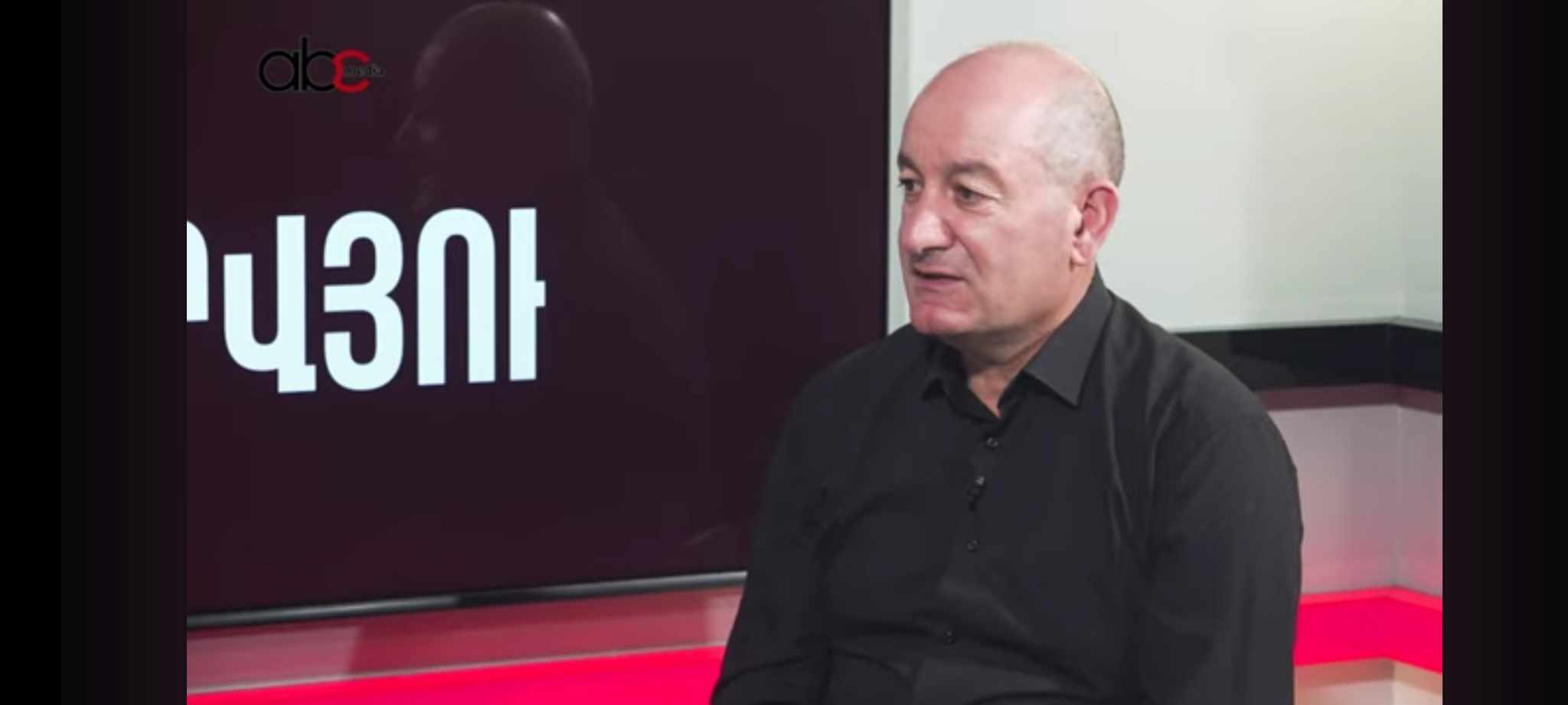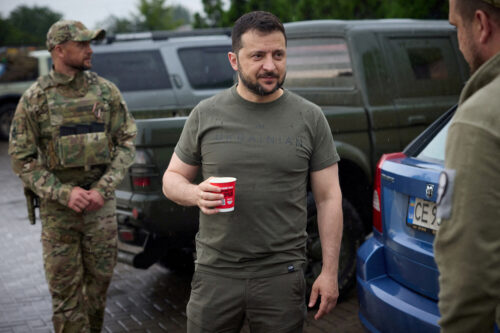
Murad Mshetsi: The greatest enemy of these authorities is our victories
ABC Interview’s guest was singer and songwriter Murad Mshetsi. The singer comes from a family of Armenian Genocide survivors. After displacement from Mush, they settled in Aragatsotn Province and managed to preserve the dialect, traditions and music. The singer sadly points out that nowadays, our people no longer hold the cultural values created by the Armenian people over the centuries, giving preference to foreign cultural influences.
– You’ve often mentioned that songs sound much more beautiful in the Mush dialect.
– The dialect itself is music. Yes, for me as a musician, it’s easier to work with the dialect than with literary Armenian. Our dialect is very beautiful—especially the Mush dialect is very melodic. There’s a certain “flavor” in the words. I’ve mentioned before, for example, in literary Armenian, we say sirun (beautiful), but in the Mush dialect we say khorotik…
– In one of your interviews, you said that what you saw in your family and village back then was the value of dignity. What is the situation in that regard now?
– If the issue of dignity were dominant, at least in the villages (I’m talking about the villages now), there wouldn’t be silence amidst these utter ruins. I often go to the village, and I see deep indifference, which I take as a personal blow… In other words, this deep indifference, the lack of dignity, can be clearly felt. And you begin to think: “What is this? Is forgetfulness a trait of character?”
– How do you explain that? What is it connected to?
– I’ve come to the conclusion that this is a matter of personality type.
– Which part of our people holds national values today?
– I wrote on my social media account—many of my friends didn’t agree with me—that Nikol Pashinyan, by and large, is the collective image of the Armenian people. I was condemned by many friends, but that’s how I think. I separate the nation from the people; for me—let them say I’m creating a division—the nation is different; the nation carries different characteristics. Those who are part of the nation carry some nobility, a sense of royal ancestry; they carry a bit of that. That’s why they are rebellious, they don’t agree with all this.
– Recently, I came across a reel where Aram Asatryan’s son said that people now prefer rabiz. Is that really the case?
– He says his father is the gusan (minstrel) of all Armenians. I know gusans, but I don’t know one called Aram Asatryan. He was a singer, yes, but not a gusan. This means there’s such a distortion of values that is beyond words. Unfortunately, all of this is dear to our people’s hearts.
Interview by Lena Gevorgyan


